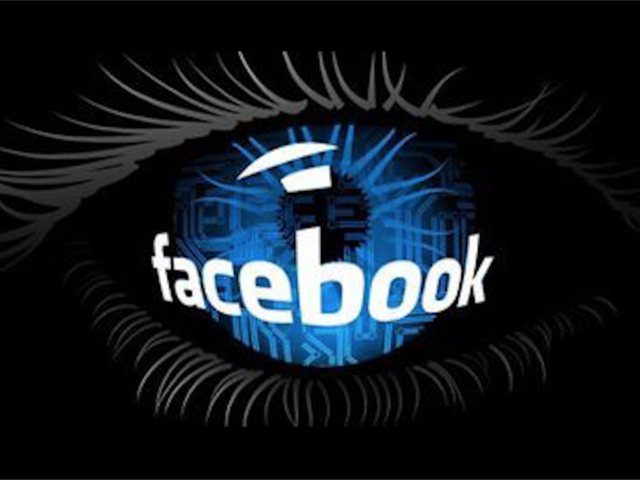Facebook is denying the use of its collected user data to law enforcement and also start-up companies that would sell that data to law enforcement customers.
Facebook’s developer instructions now mandate that developers cannot “use data obtained from us to provide tools that are used for surveillance.” It is a significant step toward preventing the use of private citizens’ social media activity to monitor them — whether directly, or by purchasing said information from start-ups like Geofeedia.
The decision follows public concerns about police departments’ use of social media to track protestors in places like Ferguson and Baltimore. Facebook already uses the vast library of collected data for advertising — but its developers can also use that information to listen in on what users are discussing, and their participation in public events.
Companies like Geofeedia profited from this access by marketing its data collection to law enforcement agencies. It has become a cheap, efficient way to track anyone and everyone, with little thought of the ethical and constitutional minefields that come with it. Until now, networks like Facebook and Twitter have simply claimed ignorance regarding their licensees.
ACLU California’s Technology and Civil Liberties Director Nicole Ozer said:
We depend on social networks to connect and communicate about the most important issues in our lives and the core political and social issues in our country. Now more than ever, we expect companies to slam shut any surveillance side doors and make sure nobody can use their platforms to target people of color and activists.
But Founder and Executive Director Malkia Cyril of the Center for Media Justice isn’t letting them off the hook. Her statement lambasts tech companies for “[allowing] their platforms and devices to be used to conduct mass surveillance of activists and other targeted communities,” saying that it “chills democratic dissent and gives authoritarianism a license to thrive.” And while these criticisms have been focused on specific communities, the potential abuses could easily apply to any private citizen.
In a national disaster or other emergency situation, police and federal agencies still have license to use social media data. Interestingly, neither “surveillance” nor the specific terms of how Facebook will decide what constitutes an appropriate emergency have been defined. It’s difficult to tell whether any actual progress has been made, or if social media sites have merely changed the way they wash their hands of the matter.
Follow Nate Church @Get2Church on Twitter for the latest news in gaming and technology, and snarky opinions on both.

COMMENTS
Please let us know if you're having issues with commenting.